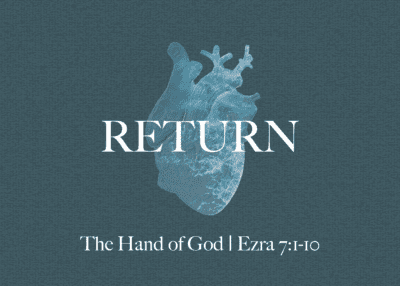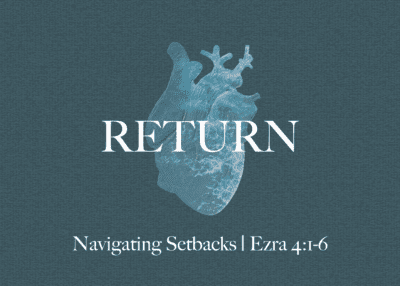I don’t live in a field fertile for evangelism. My earthly home is Door County, the beautiful Wisconsin peninsula that juts into Lake Michigan. Our year-round population is mostly wealthy and elderly (both negative predictors for evangelism).
Yet the bobbing heads remind me of fields ready for harvest. I’m helping to plant a home church with the Evangelical Free Church. Half our congregation is made up of people we met at pickleball.
Pickleball
Pickleball, the fastest-growing sport in America, is being played on converted tennis courts, in prison yards, on cruise ships, and at churches that are quickly setting up nets on their grounds to meet their neighbors.
Though it caught on first with the elderly, pickleball has spread to the young, with the fastest growth among those age 24 and younger. It’s inexpensive, easy to learn, and extremely social because there’s time on the sidelines for conversations while waiting for the next open court.
I’m thankful I became one of the avalanching number of players. Not only is it a fun way to get exercise, but it kicked me out of my Christian bubble and helped me join God in his adventure of bringing people to himself.
Invite Conversations
My friend Twila invited me to pickleball, and we’re alert together to those God seems to be wooing to himself. We pray for them, eager to connect with them if the door opens. As the years have passed, we’ve learned a lot about being winsome messengers, whether on the court or off.
Conversations are low-key, and we’ve become good listeners, trying to hear what might be keeping our friends from Christ. We don’t preach, but neither do we hide who we are. If someone asks, “What’s new with you, Dee?” I’ll say something that might pique her curiosity, perhaps mentioning my recent visit to a prison or how my visiting daughter commented on how our relationship is so much better than it was once. I hope she’ll ask, “What happened?”
If she does, I can tell her how God is changing hearts in prison—or changing my own heart since he revealed my nasty habit of making passive-aggressive comments. If I’m met with silence, I let the ball drop—but more often than not, she’ll volley back with a question.
Go Slow
Still, many are many wary of “evangelicals.” When one man found out Twila was married to a pastor, he told her, “I’d like to be friends with you, but the Christians I know are really pushy about their faith.”
Twila assured him that any faith conversations would only be at his initiative. From then on, they talked about their shared interests of gardening and music. One day, Twila slipped, telling him in her excitement about an answer to prayer. She stopped midsentence to apologize. But now the man wanted to hear, and he said, “No, no—I want to hear, for this is who you are.”
Their friendship grew deeper. We invited him and his wife over for meals and then to a series our church was doing with the ministry of Alpha. Both put their trust in Christ and began coming to church.
More Fruit
Marty was a friend I made at pickleball, and in time, she shared with me the heartache of her older brother’s murder when he was in college. It had devastated her mother and changed Marty’s childhood. We began getting together outside of pickleball to talk about why a good God might allow such a tragedy.
One day at pickleball, I felt led to invite Marty to a study on the Beatitudes. Marty was hesitant. “How much homework is there?”
“Not that much!” I was so eager for her to say yes.
Then Twila leaned forward with the truth: “Marty, you’ll get out as much as you put into it.” That challenge made Marty want to come.
The Beatitudes begin with the importance of facing our sin and admitting our need for forgiveness. “Blessed are those who mourn” means “Blessed are those who mourn their sin.”
Marty didn’t like it. She told me, “The problem is, Dee, I’m not a sinner.”
I’m so thankful the Lord silenced me, for normally I’d have had much to say. Instead, I prayed the Lord would somehow show her the truth.
Marty was so troubled by the sin discussion that she decided to skip that week’s Bible study and bike through our beautiful peninsula. A half hour into the study, Marty burst in, her face flushed with excitement. She said, “I was riding my bike and God showed me I’m a sinner. But he also loves me, and that’s why he died!”
A hush came over the living room. There’s nothing in this world as exciting as seeing God give new life.
It might sound silly to say that God is using pickleball to bring people to himself. But we’ve seen tempers tamed, marriages repaired, and souls saved among our pickleball friends. In an increasingly online and isolated world, having a physical place to connect over an interest, with time enough to have meaningful conversations, has been remarkably fruitful.
You could do the same thing in a group that gathers to run, hike, or discuss books at the library. Praise be to the Lord, who can use us anywhere.
This article originally ran on The Gospel Coalition.






